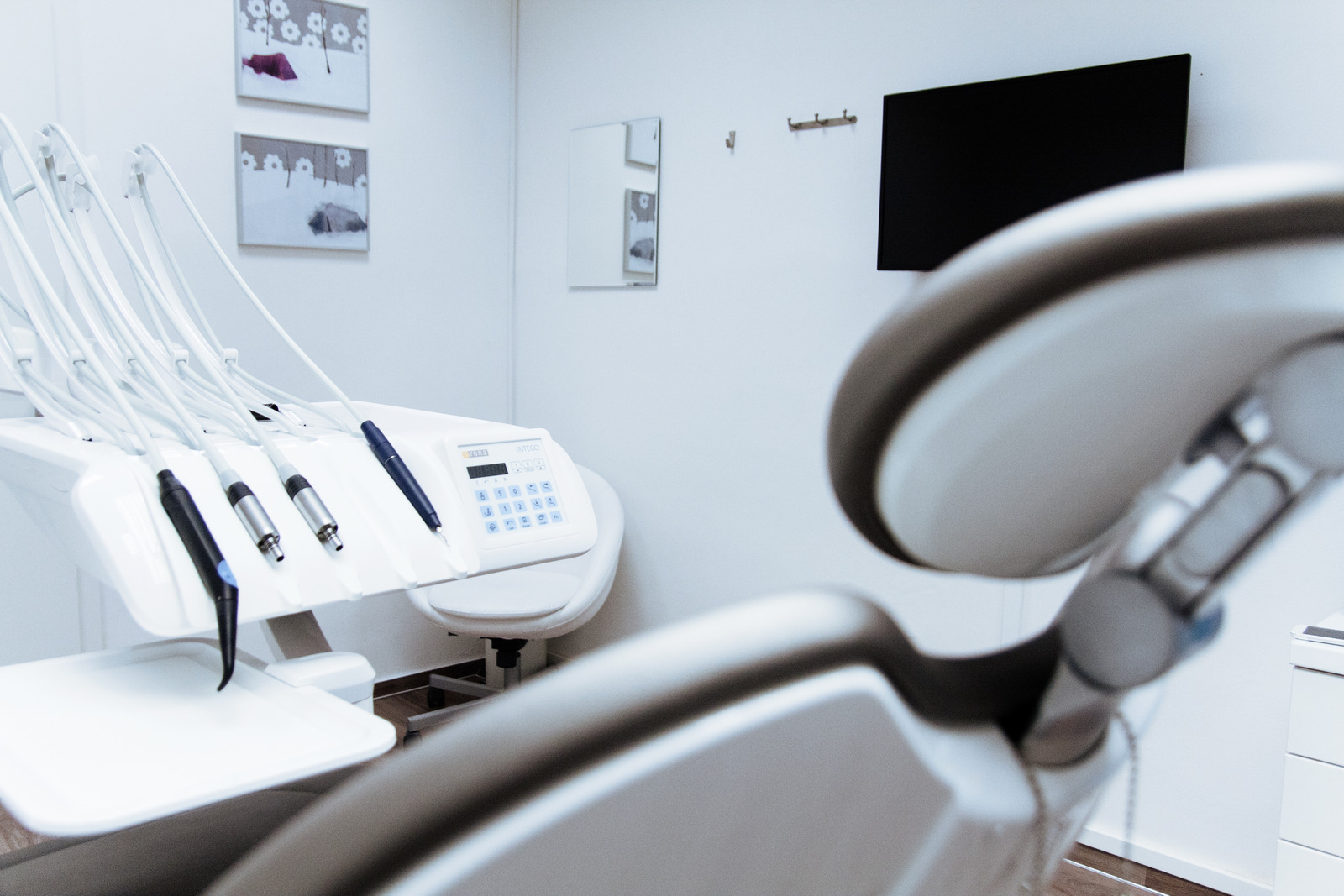What to Do After a Tooth Extraction
An individual’s teeth are vital not only for their ability to consume food and receive proper nutrition, but also for aesthetic reasons like smiling and socializing. Ergo, many dental professionals will go to great lengths to preserve these oral components when damaged or ailing.
However, certain circumstances might arise where a tooth must be extracted. Here at Sol Dental, an oral care practice serving the residents of El Paso, Texas and surrounding areas, we’ve prepared a guide explaining the tooth extraction process and the important steps impacted individuals are encouraged to execute in the wake of such procedures.
What is a Tooth Extraction?
Tooth extraction is a procedure in which a dentist or oral surgeon removes a diseased or damaged tooth.
Why You Might Need a Tooth Extraction
An oral care professional might need to remove a patient’s tooth for a variety of reasons pertinent to benefitting the impacted patient’s oral or general health. Common precipitating factors include:
Infection
Sometimes bacterial infections form in a portion of a tooth or in the surrounding gums. If the infection progresses, the tooth could become damaged beyond repair or the infection could spread into surrounding areas or, in worse case scenarios, to the jaw, facial regions or even to far-reaching bodily systems causing serious illness or possibly death.
Wisdom Teeth
Wisdom teeth are the final set of molars that typically develop in a person’s late teens or after. These structures can precipitate numerous problems that might necessitate their removal such as poor alignment with other teeth, pressing or damaging existing teeth during development, serious pain in facial sinus cavities, jaw damage, and gum disease.
Abscessed Tooth
Pockets of bacteria-laden pus can formulate inside various parts of a tooth or near the gums. Abscesses can quickly spread throughout the mouth and to other bodily regions.
Tooth Decay
Arguably, the most common reasons for extraction, this condition occurs when a tooth becomes too damaged, worn, weak or diseased to remain in a person’s mouth. In many instances, said condition is the result of poor dental hygiene over prolonged periods.
Extra Teeth
In some people, additional teeth grow for unknown reasons. Said oral components can crowd existing teeth, resulting in damage.
Radiation
Following radiation therapy for various health maladies, a small percentage of people become stricken with a potentially serious condition known medically as osteoradionecrosis, or bone death. Structures like bones or bony systemic components like teeth become unable to avoid infection. Therefore, patients about to undergo radiation might consider having problem or damaged teeth removed.
Organ Transplant
Individuals who are to undergo an organ transplant require specialized dental care after the procedure is completed to avoid infection or any other complication that could compromise their immune system or increase the chances of the body rejecting the new organ. Ergo, damaged or ailing teeth might need to be extracted prior to transplantation.
Preparing for Your Tooth Extraction
Individuals should inform their oral care providers if they have been diagnosed with any illnesses that could increase infection risk such as a weakened immune system. In such instances, the removal may still be able to go off as planned. However, the patient might be prescribed a course of precautionary antibiotics ahead of time. Additionally, prospective patients should refrain from smoking and notify their dentist if they are stricken with an unexpected respiratory or gastrointestinal illness.
Moreover, the patient will likely be administered some form of sedation either in advance or during the procedure. The specific form will depend upon the patient, their general health and the expected complexities of the procedure.
Tooth Extraction Healing & Recovery
What To Do After The Procedure?
The most important course of action is to follow the directions of the dentist or oral surgeon who performed the procedure implicitly regarding diet and proper oral care. The first day or so after the intervention, the patient in question should expect to experience a certain degree or discomfort. If pain medications were prescribed, the patient should take said medications as directed. Ice packs might provide some pain relief.
What Actions Should Be Avoided?
For optimal and expedient recovery, extraction recipients are encouraged to refrain from strenuous activities for several days, avoid smoking, not rinsing their mouths or spitting forcefully for the initial 24 hours to prevent clotted blood from loosening, avoid consumption of foods that necessitate significant chewing for at least several days, do not drink from a straw for several days, keep from lying flat as this can promote bleeding and be careful not to brush or floss around the extraction site for several days as doing so could increase infection risk.
When to Call Your Dentist
Pain and a certain degree of bleeding is normal for a day or two following the extraction. However, if either condition persists or worsens or is accompanied by any other alarming symptoms, the patient should notify their dentist at once.
Patients who believe they might need a tooth extracted are encouraged to contact us. Our team of experienced professionals can perform a thorough examination and, if extraction is necessary, help them prepare for recovery following the procedure. Further information about our services can be found on our website.


